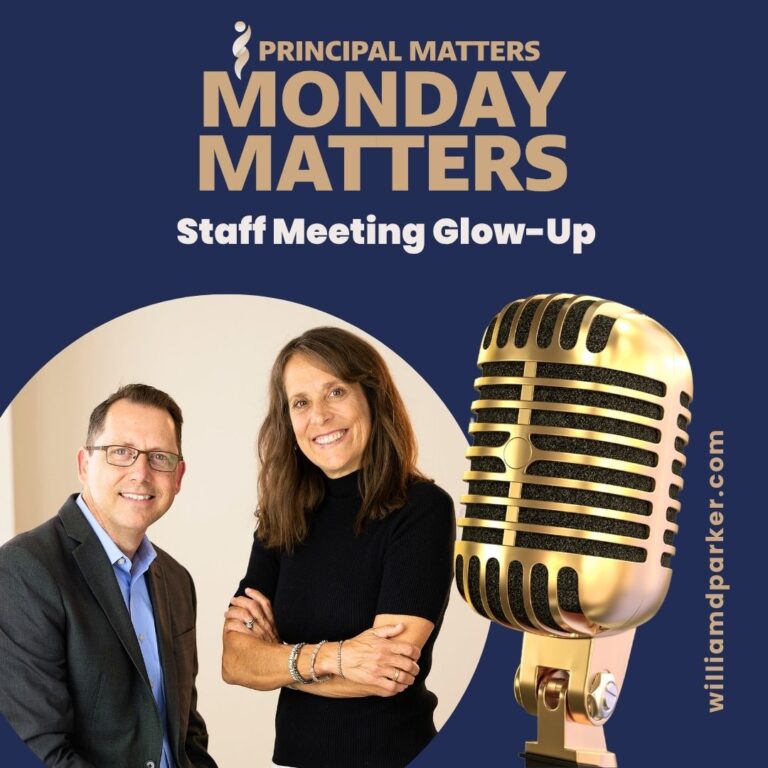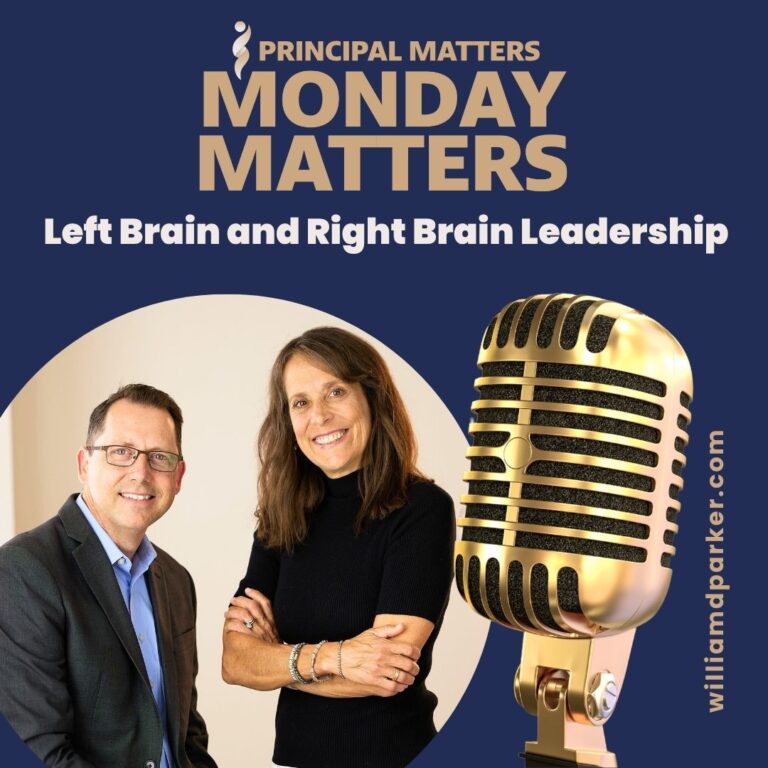Podcast: Play in new window | Download
The European Space Agency’s historical comet landing of the spacecraft Rosetta in 2014 was an amazing feat.
Imagine organizing a team of scientists and space engineers who design and launch a spacecraft with the goal of intersecting with a comet 500 million kilometers from Earth. Then imagine ten years later, your findings show the spacecraft is indeed crossing paths with the targeted comet. From 500 million kilometers away, your Earth-bound team maneuvers the activation of the spacecraft’s previously inert power source, it orbits around the comet, and it attempts a landing.
You must wait a half hour for the data from the spacecraft to transmit back to Earth to even know what its “current” status may be. Finally, the images of the comet’s surface appear on your computer screens, and you know the landing has happened. Let the cheering begin! From 500 million kilometers away, a team’s dream had become a reality. The euphoria, amazement, thrill, and adrenaline rush must have been electric.
I get excited every time I think about how many seemingly insurmountable obstacles were overcome to achieve this profound result! But here’s my question for those of us back on earth: What challenges are you facing at school, in leadership or in life right now?
Three Reflection Questions for Facing Challenges
Here are three questions to keep your own challenges in perspective:
1. What kind of team are you on?
No one achieves epic milestones like comet landings by flying solo. Monumental accomplishments require teams of like-minded people who can share a vision, collaborate, and execute. Your ambitions may not be as galactic in proportion, but they are still important. And to reach them, you need others.
In your school, what goals have you set for your students, teachers, and yourself? Remember that you cannot accomplish them alone. You need others if you want to reach school-wide goals. Whether that is working in professional learning teams or student advisories, you will always accomplish more with the sharing of ideas and relying on input from others.
2. What kind of commitments do you have?
Amazing feats are not accomplished half-heartedly. If you want to reach a goal, you must be dedicated to finishing whatever race you’ve started. I like to remind students, for instance, that school is like a marathon. You can start off with a big rush of energy, but it is maintaining momentum in the mundane, pushing on even during tough times, and holding on to the hope of reaching the end that keeps runners moving their feet.
The same commitment is necessary to reach any big goals. It’s not easy or sometimes even probable, but without commitment, it is impossible. For instance, if you’ve set specific learning goals for students, these cannot be reached without being measured. Rocket scientists cannot simply guess on their math when aiming for targets, and helping students learn requires targeting specific learning standards and committing to the hardworking of reaching them. Don’t give up on the commitments and hard work necessary to reach those goals.
3. Are you willing to take calculated risks?
If you or your team are going to reach new milestones, then just doing what you’ve always won’t help. For example, a few years ago, I was talking to our high school football team’s head coach. His team was 10-1 and entering the second round of playoffs. It had exciting season. But just three years before, his team had no wins. Zero.
What made the difference in three years? When I asked him, he said, “Three years ago after we lost all our games, we asked ourselves ‘What can we control?’ We knew we couldn’t control how we matched other teams in terms of size or speed. But we did know we could control how conditioned our players are.”
His boys began systematic routines of work-outs, weights, and running while still practicing drills, plays and strategy. After each practice, they run some more. As a result, the team has often seen its strongest performance during the 4th quarter of a games. When other teams are wearing down, and opponent players are holding their sides, his boys are still running strong. Why? Because they were willing to try something they hadn’t before. And it worked.
Calculated risks often mean you’re willing to try something that achieve your ultimate goal. But then again, you’ll never know until you try. Your teachers and students need a leader who is willing to take bold, courageous actions.
Let’s Wrap This Up
In Tim Elmore’s Habitudes series, he introduces the idea of “Checker and Chess.” Leaders often approach their work like checkers: seeing every person as having the same abilities, potential or outcomes. But exceptional leaders see their work as chess: recognizing the unique gifting, abilities, and potential each person plays — and then making wise decisions about how to move forward with strategy, commitment and risk-taking.Are you playing checkers or chess in leadership?
No one would have ever thought a man could ever catch a comet. But it’s been done. Monumental events like spacecrafts catching a comet or teams winning championships are inspiring. But they happen with a mix of both inspiring imagination and committed teamwork. What goals have you set for your school this year? Amazing possibilities lay ahead when you work as a team, commit to reaching shared goals, and decide to risk trying new strategies.
Now It’s Your Turn
What have you been dreaming of doing with your school or team? If anything was possible, what steps would begin taking next to accomplish audacious goals? Revisit the goals you have set for your school this week and think about the next best step in reaching them.
Sign-Up For Free Updates and Ebook
When you enter your email address here, you will automatically receive my newest posts and a free Ebook, 8 Hats: Essential Roles for School Leaders. Let’s keep learning together!
Principal Matters–The Book!
School leaders are very busy, so each of the twenty-four chapters is designed as a quick-read and followed with take-action questions for follow-up or reflection. If you want practical ideas on understanding your purpose, managing school teams, dealing with challenges, and leading with courage, action, motivation, and teamwork, go HERE to pick up a copy for you or your team.
Messaging Matters
Harness the power of messaging to create a culture of acknowledgment, respect, and celebration. Written specially for leaders, this title is divided into three parts, helping readers to maximize their role as chief communicators with students, teachers, and parents and community. Each chapter includes suggestions for using digital tools to enhance messaging and ends with reflection questions and practical next steps.




